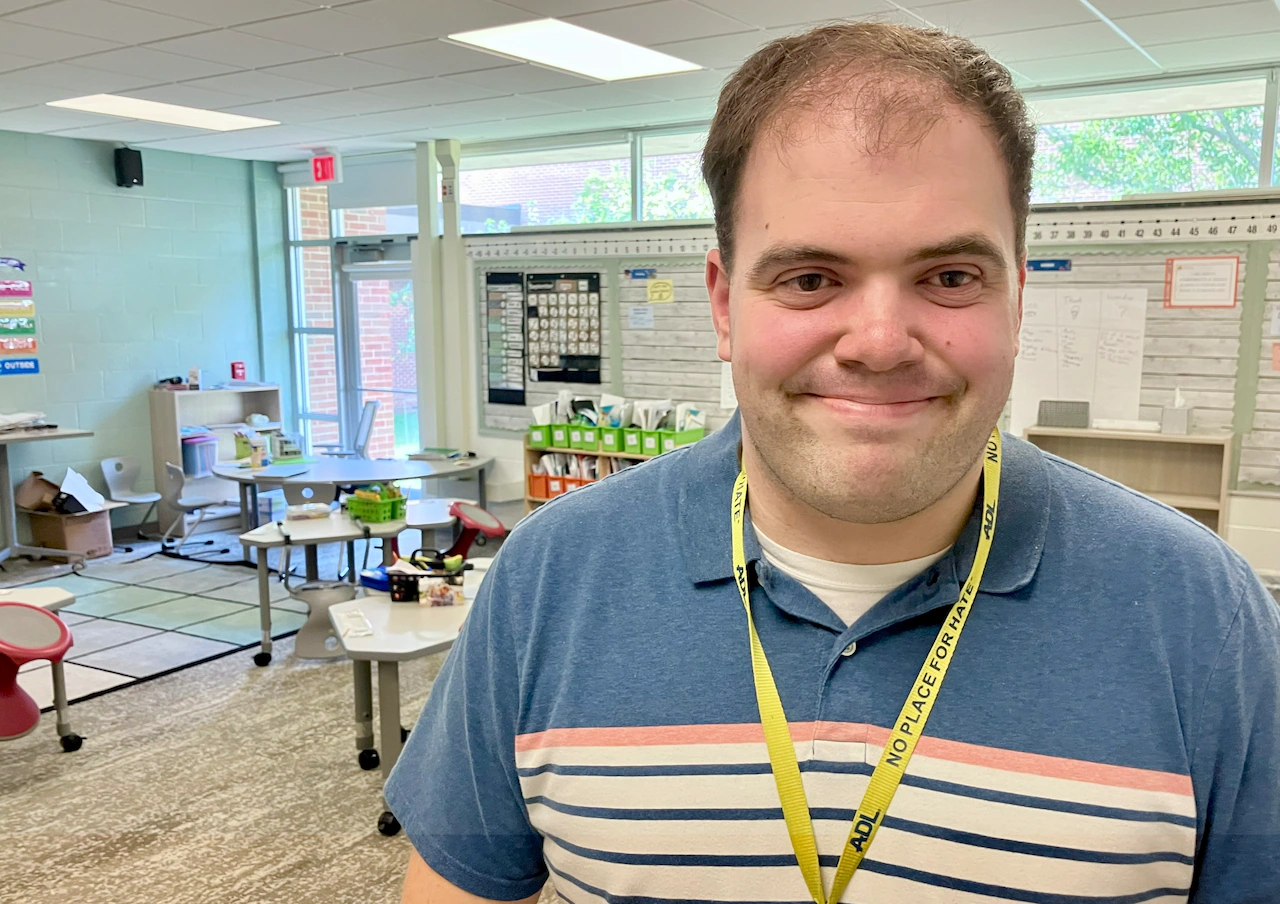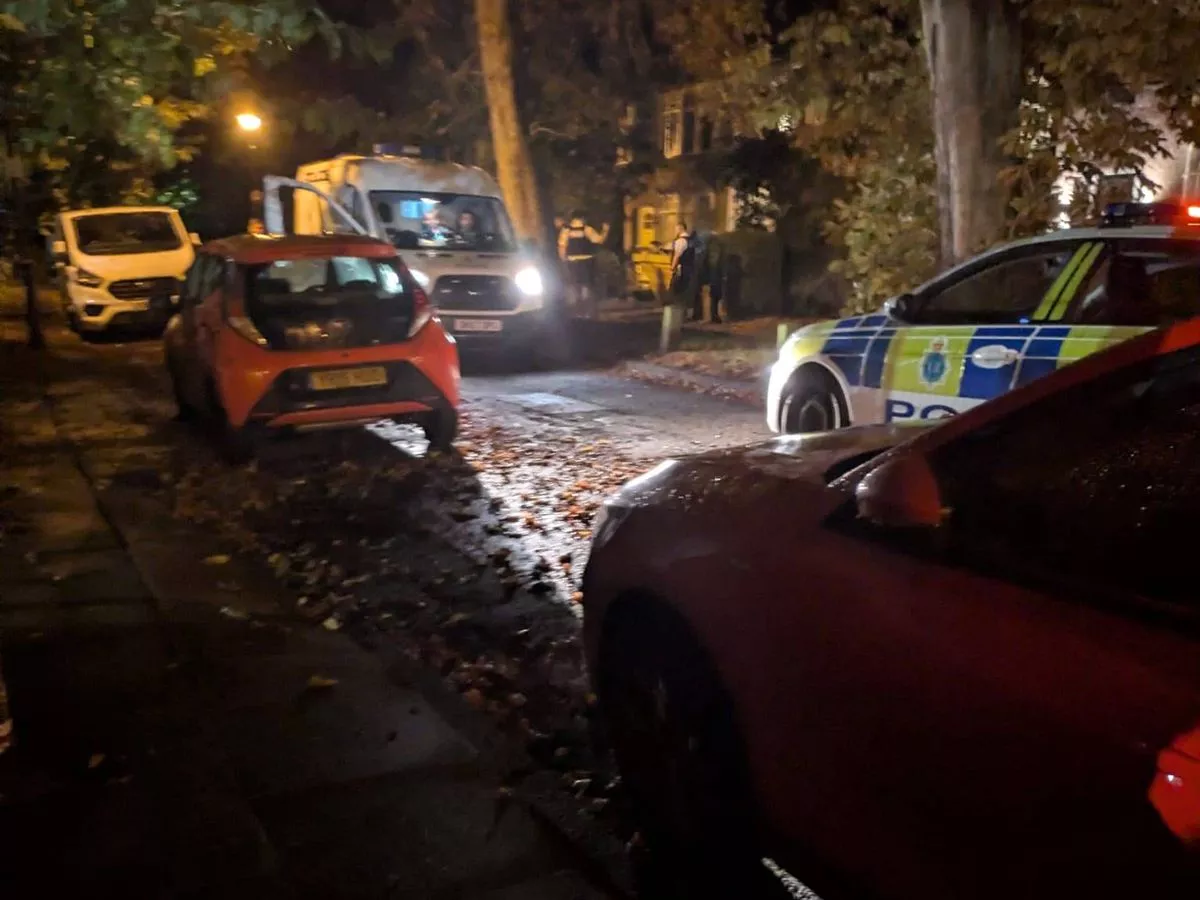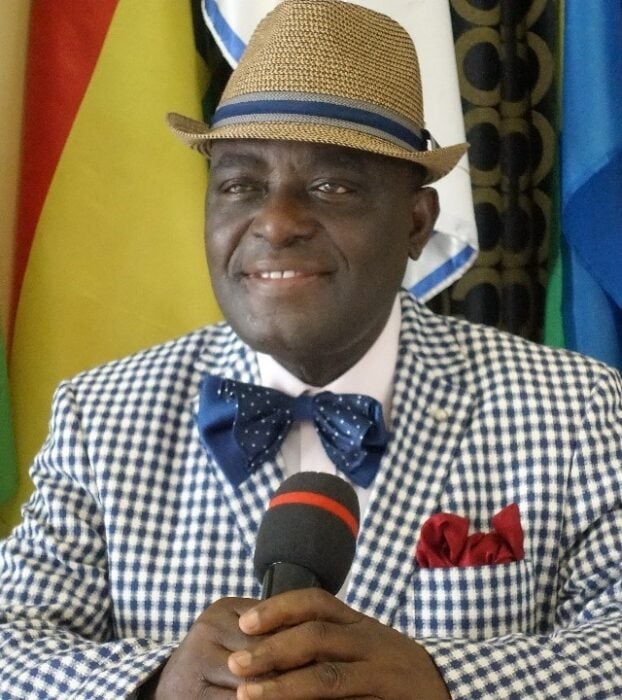
MANCHESTER, MI – Two of Nolan Peterson’s most memorable moments in education came long before he ever took the reins at the head of a classroom.
The first came from his favorite teacher growing up — a third- and fourth-grade instructor who, he said, made sure every student who walked in felt loved, heard and capable.
The Chelsea native said it was a lesson he later realized he wanted to one day apply himself as an educator while working as a camp counselor in college. It was an overnight program through the now-closed Judson Collins United Methodist Camp, he said, where groups of campers of different age levels changed every week.
One day, Peterson got a heads-up one camper never had a good time. So, he approached the high school-aged camper and asked what he was thinking and feeling. The teen was afraid he wouldn’t have any friends.
“So, I then (introduced) some of the other kids that were there that week to be friends with him, and by the end of the week, he was smiling,” Peterson said during an interview Thursday, Sept. 25. “He was happy to be there. The other kids were happy. That was kind of my first-ever, big breakthrough that I felt, ‘This is what I need to be doing.’
“… I hope he remembers that. But even if he didn’t, I hope he at least learned that he can have fun and he can participate, and he’s wanted and loved.”
Since then, Peterson has become a teacher and is now in his second year as a second-grade teacher at Klager Elementary with Manchester Community Schools.
He graduated from Eastern Michigan University in 2019, initially taking a summer job working as a direct-care provider for a child with autism when the pandemic hit.
At the time, Peterson said he had decided to stay on another year, believing his job “wasn’t done.” He later taught in a split classroom of fourth- and fifth-grade students in Adrian. He also worked with third-graders in Dexter, and he also spent a stint substitute teaching around the region, including at the middle or high school grade levels.
Now, his feet firmly planted in a post-COVID education world, Peterson said his path has given him different perspectives to work with different kinds of kids of all abilities.
“And really adapt within my classroom,” he added.
Still, Peterson also hasn’t ruled out future goals in pushing for more STEM and project-based learning, or even further out, pursuing some kind of master’s degree in school counseling or another role in education.
“I don’t know when that will happen because as long as I’m enjoying the classroom, maybe I’ll just stay in the classroom,” he said. “But that is something that always kind of sits in the back of my mind.”
As part of a monthly “Meet the Teacher” series, Peterson recently dug into his background and experience with MLive/The Ann Arbor News. Here is a portion of that conversation.
Ann Arbor News: You’re still relatively early in your career. It’s almost like you have time to change your mind or make a shift (in the grade you’re teaching), like you’re still figuring out why you like this age even if you have a definitive reason.
Nolan Peterson: I am still figuring it out. I think that’s really true. … Honestly, when I got this job, I was a little scared. I was like, “I like, third through fifth grade.” This felt a little like it was going to be too young for me. And last year and this year, I just loved it. I really think there’s something to be said about this age where they really start to learn and love learning and find this love for each other.
It’s also a switch that kind of happens this year, where we start to notice others around us instead of just kind of ourselves. It’s a cognitive kind of switch. So, you start to see some of those friendship issues come up. We can start to talk about that, “When people don’t want to play with me, what can I do? Does that mean they don’t like me? Not necessarily.” Things like that. So, it’s just really cool to see some of these early moments start to happen that you don’t get to do when (students) get older.
AAN: Unlike secondary education, where you’re just teaching one particular subject per class, elementary school teachers have to teach multiple subjects to the same class. Is there any part of that you find more challenging or any part you enjoy the most?
Peterson: You know, it’s interesting. I have found I enjoy teaching the things that I wasn’t as good at in school versus actually teaching the things that I was good at. … I was really great at math in school. I loved doing math, but teaching math, I find is difficult. Because I have to reach those people who are struggling with math, and I’d never lived through that. So, I have to learn these strategies of how to teach, like struggling mathematicians, whereas when I did it, I just knew it.
Versus in reading, where I never really struggled, struggled, but it was definitely not my favorite. There was a lot more pulling teeth with me for that. So, I have a lot more tools just from what I had witnessed and experienced to teach reading. That ends up coming out a lot more as I teach it and hear it.
AAN: You’ve taught in a lot of small districts or rural areas. I’m just curious if you’ve noticed a difference in needs from students there versus other areas?
Peterson: I student taught in Ann Arbor, so I have (noticed), and I think some of the biggest tells are home life, whether or not kids are being supported in their education at home, are their parents having the time to read with them or not? I don’t often blame the parents for that. There’s so much happening in our lives. Especially if they’re a single parent household who needs to work or if they are four other kids that are under the age of the kids that I have in my room. I understand that those things just are not a reality.
But I do see in here (at Klager) that then that affects the kids’ learning, that the less involved that the parent is … the less the kid tends to want to achieve.
AAN: We know the socio-economic circumstances vary for families in different districts around the region. But in a relatively small district …
Peterson: I also think that when you get into a community like Manchester, you end up with the smaller, close knit (groups). All of the parents kind of know each other. … There’s two second-grade teachers in the whole district. And so, as these kids go up, they’ve already almost had everyone in their classes by the time they’ve gotten to second grade. They know about 40 kids, right? There’s a lot of community support. We know these people. I have a lot of parents who work together to do pickups or work together to do that kind of thing. So, I don’t know, there’s something really nice about that.
If you know a K-12 educator in Washtenaw County who might make a good subject for the “Meet the Teacher” series, send an email with their contact information to jsmith@mlive.com.



